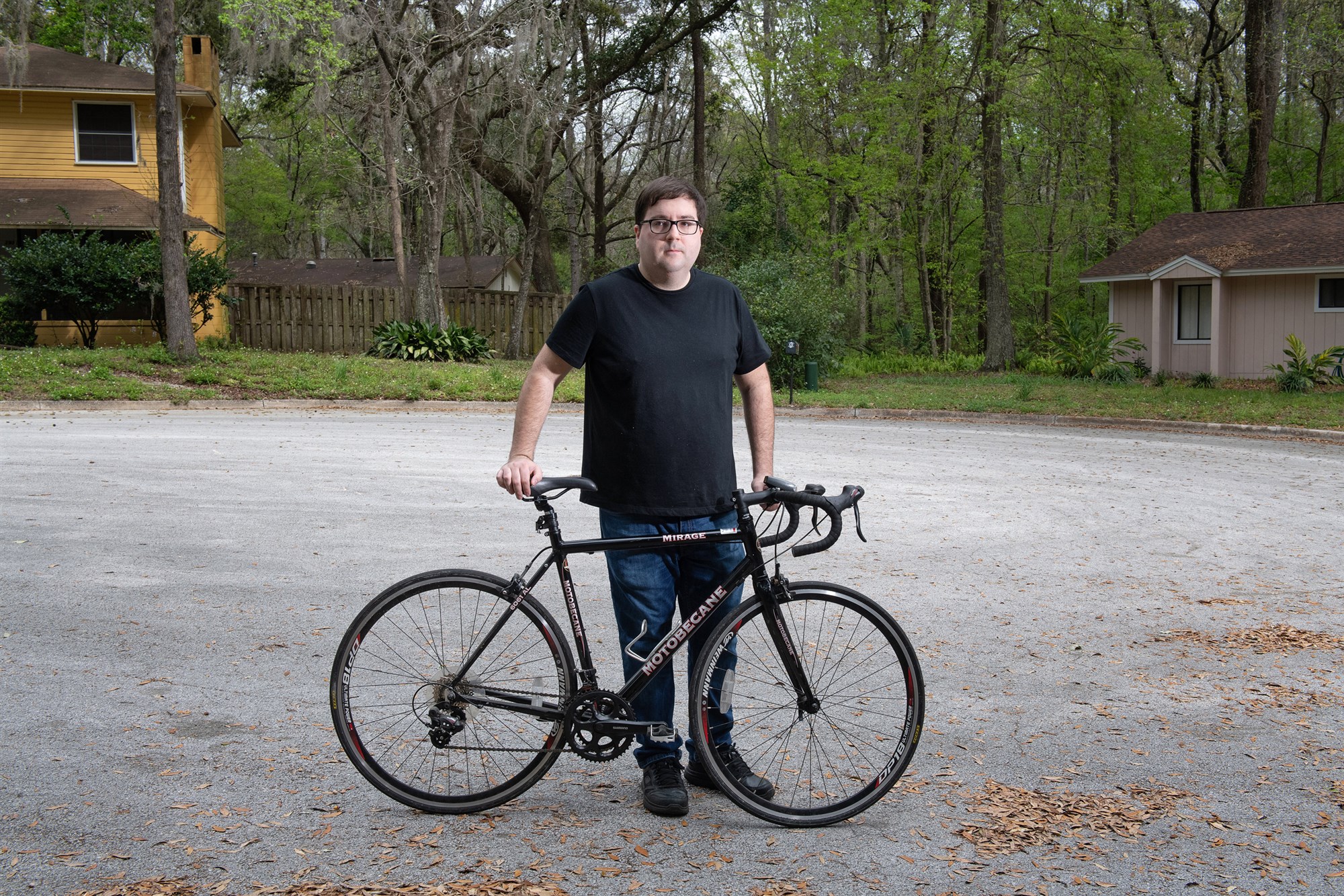The news can hit close to home. Sometimes, too close.
By now, you've heard that the whole country of Italy is basically on lockdown, due to the coronavirus. The prime minister has told people to stay home and that they need permission for "non-essential" travel.
Now an area of New Rochelle, about 35 kilometers from my apartment, is a "containment zone," where National Guard troops have been posted.
I frequently cycle to or through New Rochelle. My rides to Connecticut or northern Westchester County usually take me through one part of the city or another.
Seeing how many Italian cities (and Seattle) have become "ghost towns", I have to wonder whether the New Rochelle quarantine will be extended--and to what degree will people's movements be restricted. Will they stop us from riding our bikes?


